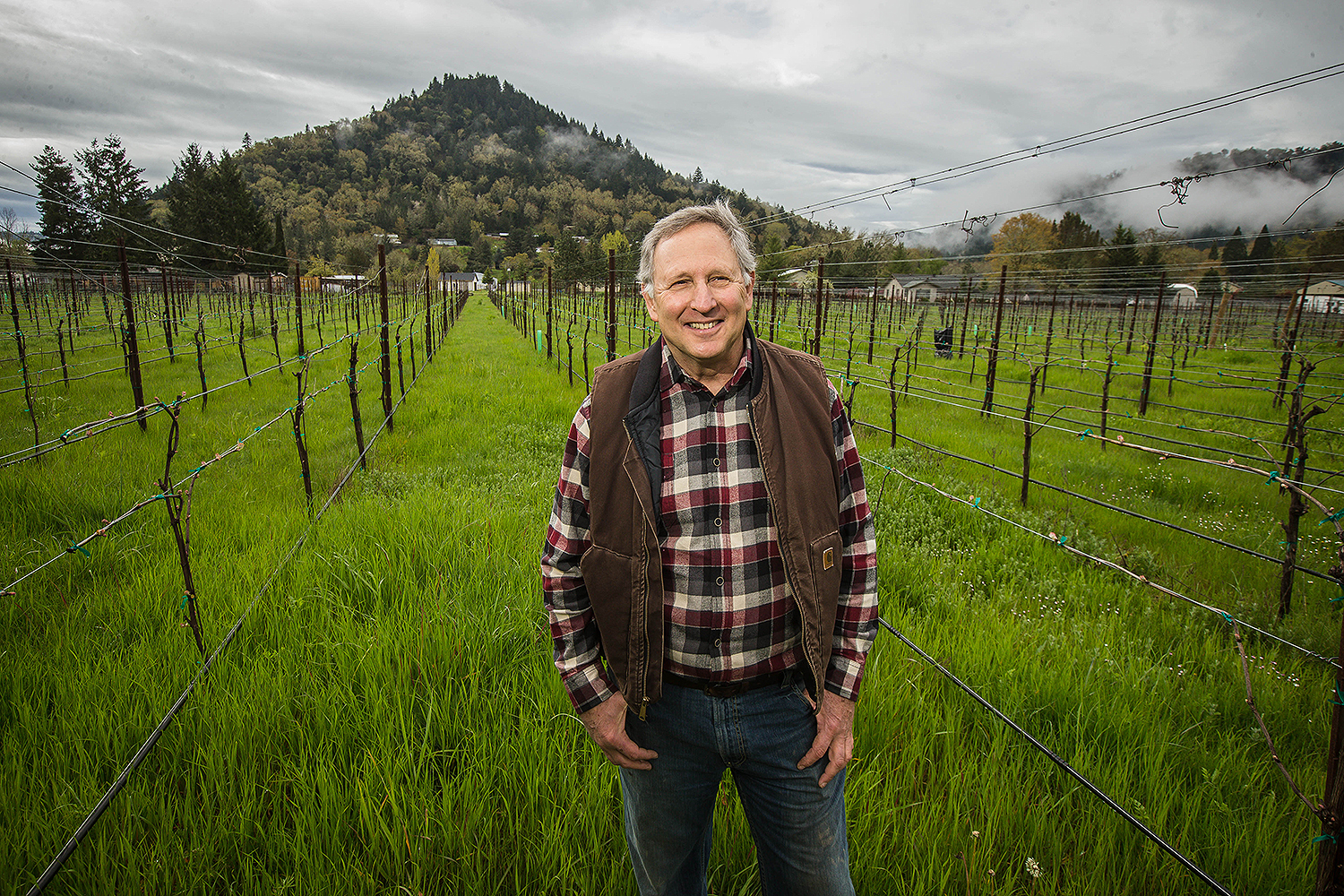A Coffee Business with Perks

Starting with an ideal built-in client, Takelma Coffee hit the grounds running in 2017 and hasn’t slowed down.
Story by Dick Baltus Photos by Thomas Boyd
Starting up a new company can be risky business. But starting out with a large, guaranteed customer can certainly eliminate some of the sleepless nights – even if you’re diving into a caffeine-related operation.
Such was the case when Takelma Coffee opened for business in July 2017. Not only did the new coffee roaster have an experienced leader at the helm, it also had a dream customer in Seven Feathers Casino and Resort, a fellow business of the Cow Creek Band of the Umpqua Tribe of Indians.
Knowing the day you open you’ll be servicing a busy casino that gives away thousands of cups of coffee each year took most of the gamble out of starting a coffee roasting company, says Travis Hill, hospitality director for the Umpqua Indian Development Corporation.
“I was working with the casino, looking for ways to streamline costs, and one day I got this mailer about making your own (individual serving) coffee pods,” Hill says.
He approached Kyle Kennington, an employee with business development and coffee roasting experience, and asked how easy it would be for the tribe to start roasting its own coffee.
“Kyle said, ‘Oh, easy,’” Hill remembers.
Hill calculated that Seven Feathers went through about 22,000 pounds of coffee each year, plenty enough to give a new coffee roasting company an instant jolt. But Hill also saw the potential to develop more business regionally. Now all he had to do was find a roaster, and start producing high-quality coffee.
Seven Feathers went through about 22,000 pounds of coffee each year, plenty enough to give a new coffee roasting company an instant jolt.
“The coffee at the casino may be free, but this is the Pacific Northwest; people except something that’s better,” Hill says. “Just because the bulk of our coffee was going to be given away didn’t mean we could get away with it tasting bad. People will actually choose one casino over another based on the quality of the free coffee.”
Kennington, the tribe’s director of business development, had helped launch a coffee-roasting company in California and understood both the business and quality-control sides of the enterprise. He and Hill found a source in Seattle for their green product (unroasted beans), settled on a name for their new company (Takelma means “river people” in the Cow Creek’s recently rediscovered native language) and were off and running.
Kennington says their Seattle supplier provides green product from nine different countries. He’s spent time in coffee-growing villages and understands how important the industry is to local farmers. “We pay more for our green product than most people do, but we do that because that’s how you reward people at the source,” he says.
Kennington says roasting is a mix of art and science. “It’s kind of like making wine,” he says “You get your flavor in three stages — in the growing, the post-harvest processing and then in the roasting. In terms of roasting, once you understand the craft behind developing flavor profiles, duplicating them is pretty straightforward.”
After less than two years in business, Takelma understands its craft well enough to have won two bronze medals at the North American Gold Bean Awards. “It was fun to be in the mix for awards with a lot of pretty big time Northwest roasters,” Hill says.
Takelma sells its coffee in whole bean form, ground and in pods, all of which can be purchased online at takelmaroasting.com or direct from a retail space in front of their roasting operation at 2048 N.E. Airport Road.









